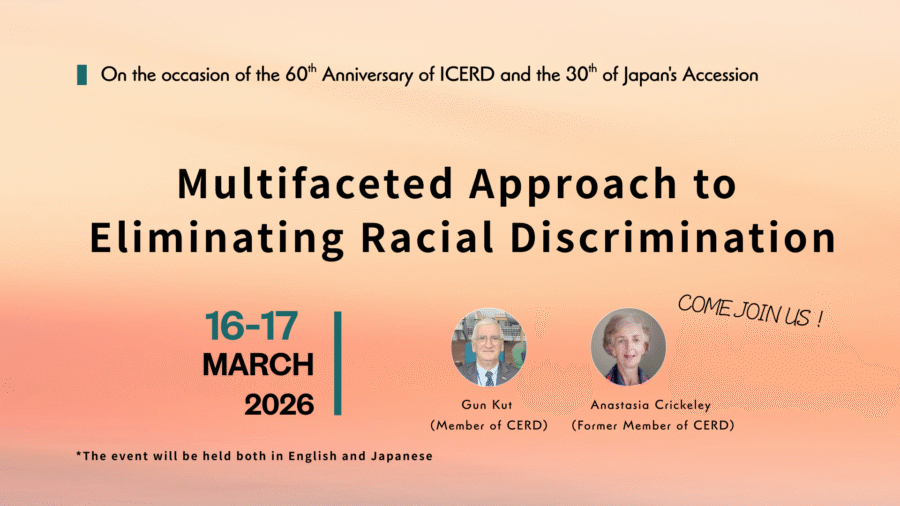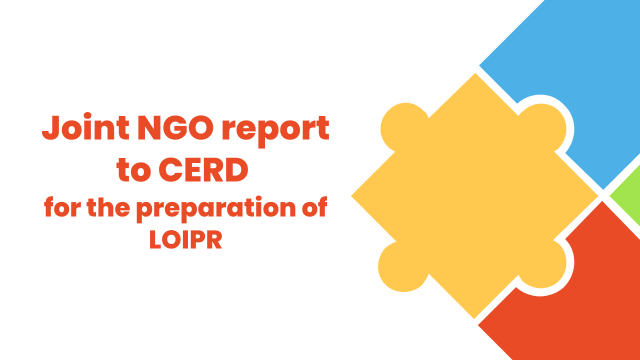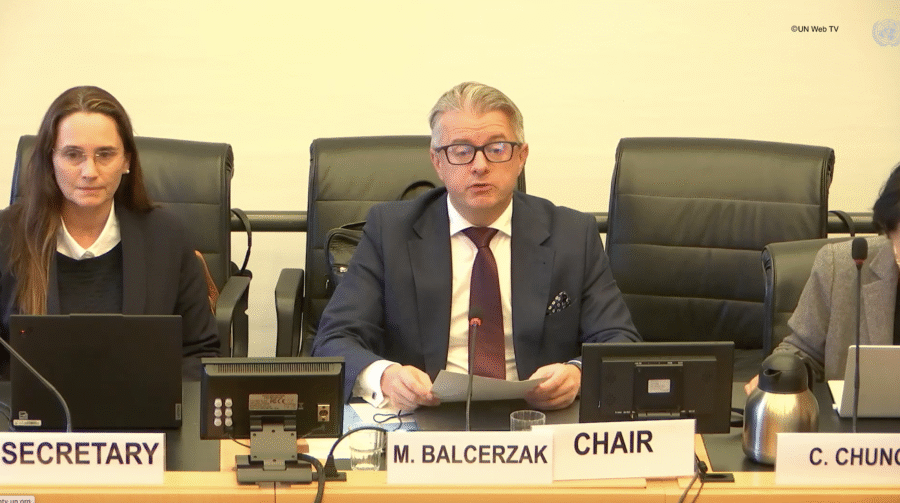Joint Statement on International Migrants Day: Stop the Pandemic of Racism in the time of the COVID-19 Pandemic
December 18, 2020
Joint Statement of the Organising Committee for East Asia Regional Consultation
Stop the Pandemic of Racism in the time of the COVID-19 Pandemic
On the occasion of the International Migrants Day, 18 December, the Organising Committee for East Asia Regional Consultation urges the governments of East Asian countries/territory to take effective measures to prevent institutionalised racial discrimination against migrants including migrant workers and to strengthen legal protection of migrants against all forms of racism in the time of the pandemic crisis.
East Asian region is the home and workplace of at least 10 million migrant, indigenous and minority populations. The East Asian myth of ‘homogenous society’ has never represented the reality of diverse and multicultural nature of the societies. The year 2020, marked by the COVID-19 pandemic, revealed the vulnerability of racialised communities in Hong Kong, Japan and South Korea to racism and racial discriminations in the time of crisis.
The COVID-19 pandemic has deteriorated the situation of migrants including refugees and asylum-seekers. They have faced greater challenges due to the limited access to health care and other social protection measures, language barriers, job insecurity, visa status and the restriction on the freedom of movement. The pandemic has also exposed institutional discrimination against migrants and other racialised groups in the region which is aggravated by the exclusive and monocultural attitudes of the public. While migrants with residential status in Japan were eligible for the government’s emergency cash handout, similar relief measures excluded most of the migrant population in South Korea and Hong Kong. Specific rules and conditions for migrant domestic workers in Hong Kong have exposed them to a significant risk of exploitation and other human rights violations. The exclusion of undocumented migrants from protection measures has been common in the three places. The gap between domestic laws and the international human rights standards, including the International Convention on the Elimination of All Forms of Racial Discrimination (ICERD), continues to exist in each jurisdiction.
Civil society organisations have continuously advocated for legal reforms to effectively combat racial discrimination. The efforts led to several improvements such as the enactment of the Hong Kong’s Race Discrimination Ordinance and the Japan’s adoption of the “Act on the Promotion of Efforts to Eliminate Unfair Discriminatory Speech and Behavior against Persons Originating from Outside Japan”, which does not have any sanction clause. Yet, the existing legislations have not been effectively enforced against discriminatory acts such as hate speech. Domestic institutions and courts have not been able to ensure the full implementation of such provisions. Moreover, none of the countries/territory has a comprehensive anti-discrimination law in place.
On International Migrants Day, the Organising Committee expresses its concerns and presents recommendations for the elimination of all forms of racism and racial discriminations against migrants in East Asian region:
- The Organising Committee is concerned that the South Korean, Japanese and Hong Kong governments’ response to the COVID-19 pandemic reflects institutional racism and fails to adequately protect marginalised communities, including migrants, refugees, asylum seekers and other racialised communities. Hence, it recommends that the general crisis response policy must be inclusive of all people, including migrants, to combat and recover from the situation, and ensure their enjoyment of human rights without discrimination.
- The Organising Committee is concerned that South Korea, Japan and Hong Kong lack comprehensive laws and policies to protect migrant workers, whose vulnerability has been heightened due to the COVID-19 pandemic. Thus, it recommends the governments to strengthen laws and policies to protect migrant workers from both direct and indirect discrimination against them, including strengthening social security protection such as extending health insurance and unemployment insurance to migrant workers, and ensuring their freedom to change workplace. It also urges the governments to ratify the Convention on the Protection of the Rights of All Migrant Workers and Members of Their Families and relevant ILO Conventions.
- The Organising Committee is concerned that South Korea, Japan and Hong Kong lack comprehensive anti-discrimination legislations to address racism, despite the long-standing racial discrimination in society. The Race Discrimination Ordinance of Hong Kong fails to fully conform the ICERD and prohibit discrimination in the exercise of government powers. Therefore, it recommends that a comprehensive anti-discrimination legislation to be adopted in South Korea, Japan and Hong Kong which includes the prohibition of intersectional and multiple forms of discrimination, accompanied with an effective national human rights institution.
On International Migrants Day, we, the Organising Committee stands strong in our unequivocal commitment to respect and protect the dignity, human rights and fundamental freedoms of all migrants in East Asia and also to progress toward an equal world free from racism and racial discrimination.
December 18, 2020
Organising Committee for East Asia Regional Consultation
The statement is available in English, Japanese and Korean ![]()
The Organising Committee for East Asia Regional Consultation is composed of: Justice Centre Hong Kong; the International Movement Against All Forms of Discrimination and Racism (IMADR); the Japan NGO Network for the Elimination of Racial Discrimination (ERD-Net); and the South Korean NGOs Coalition for Monitoring the Implementation of the CERD.





